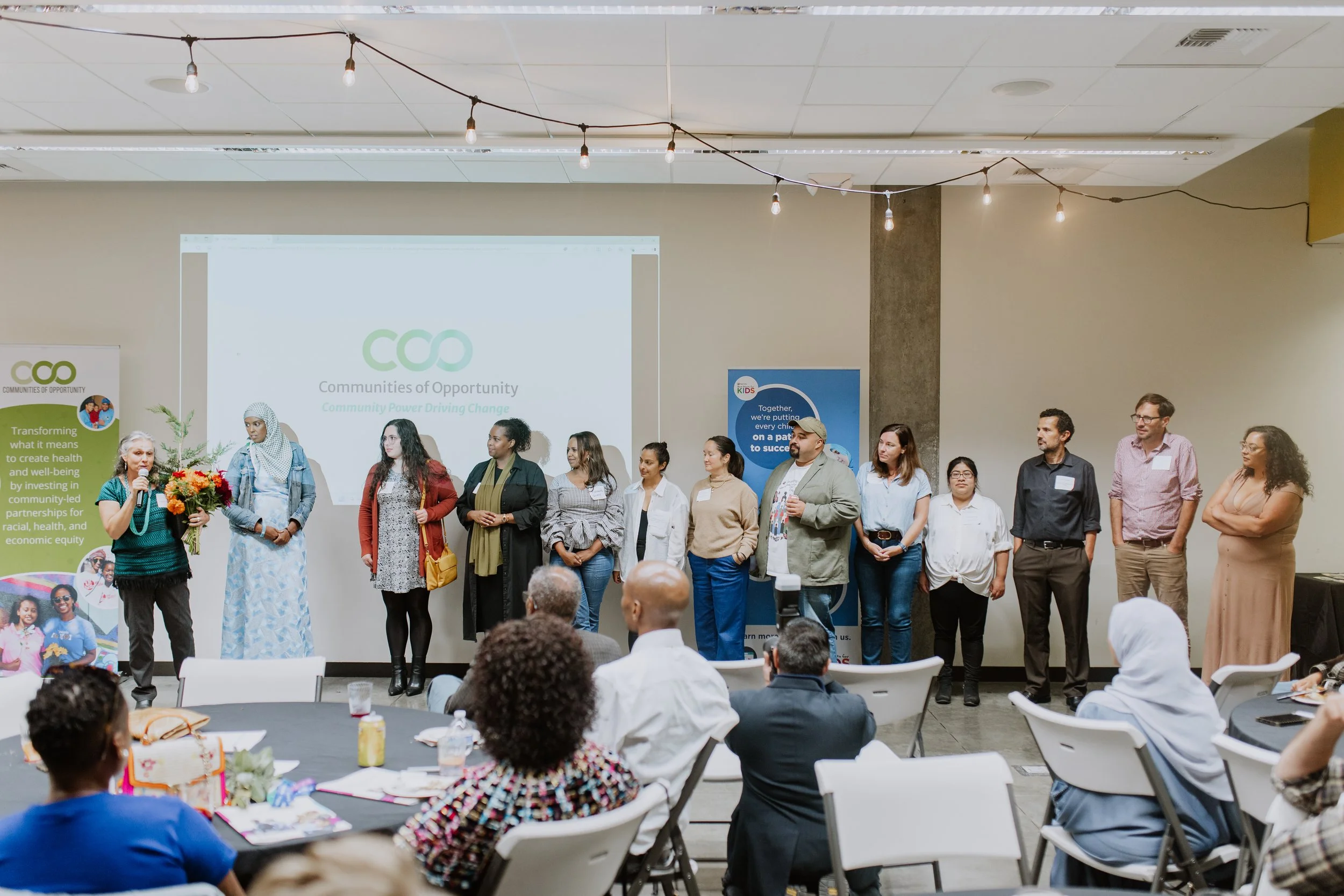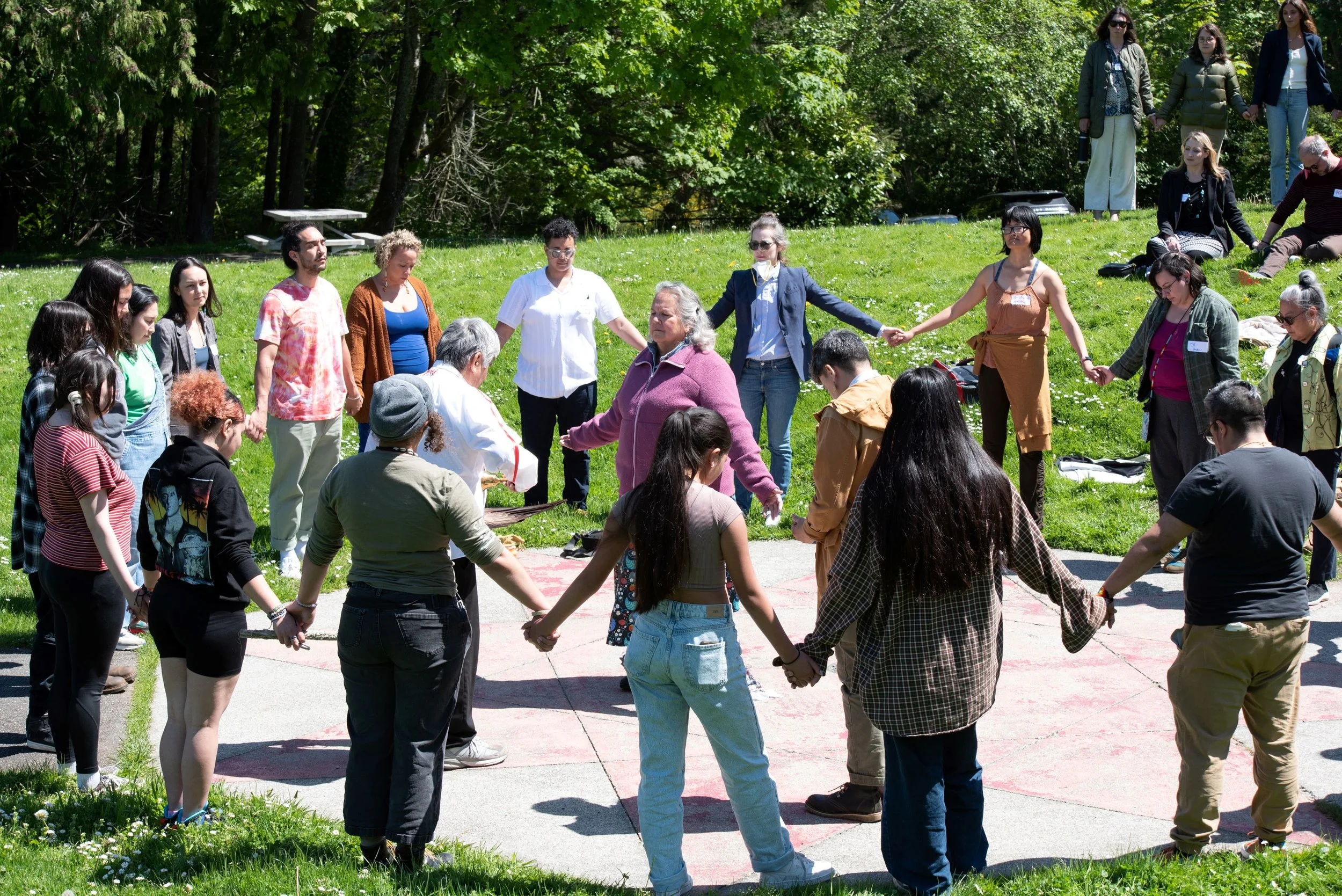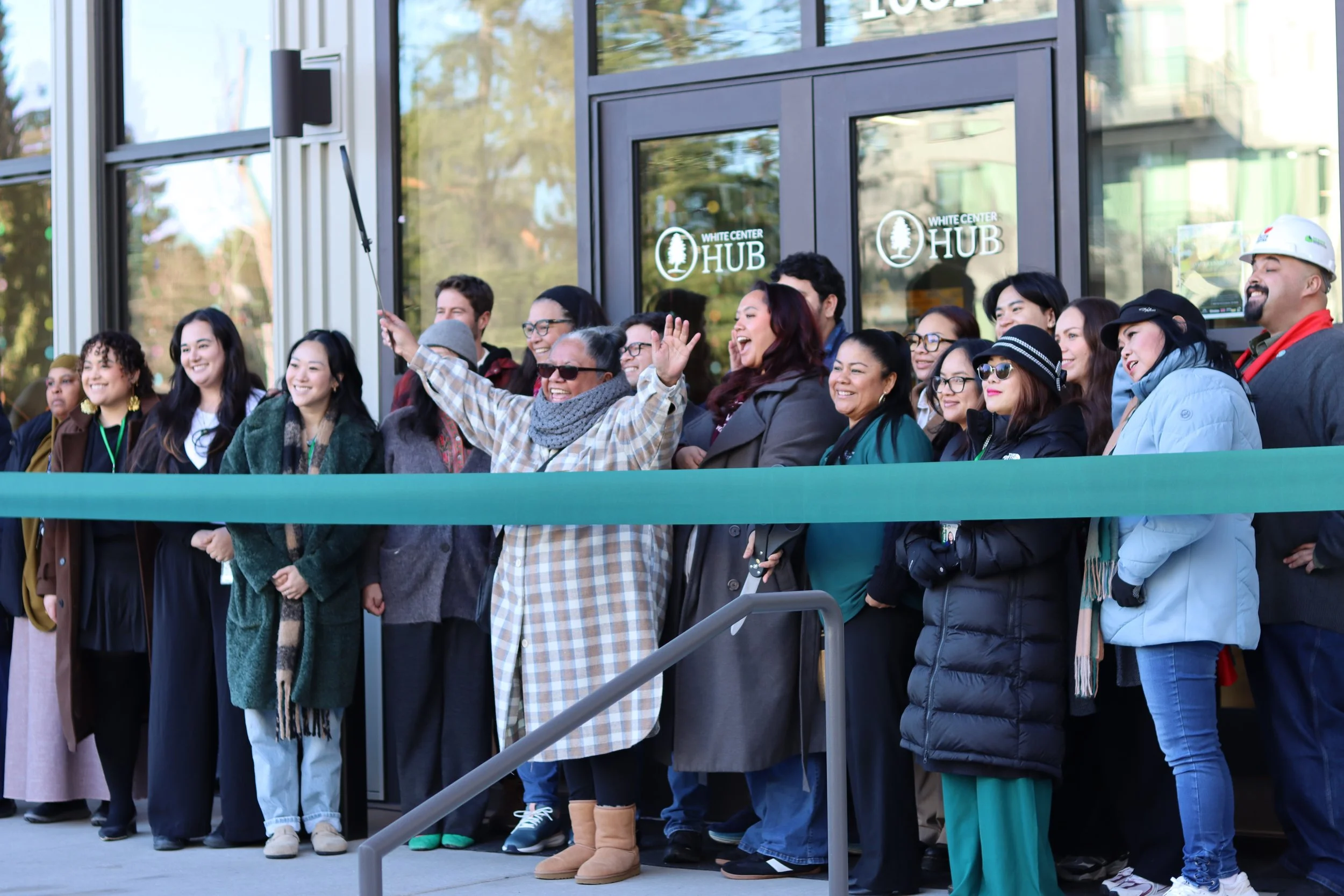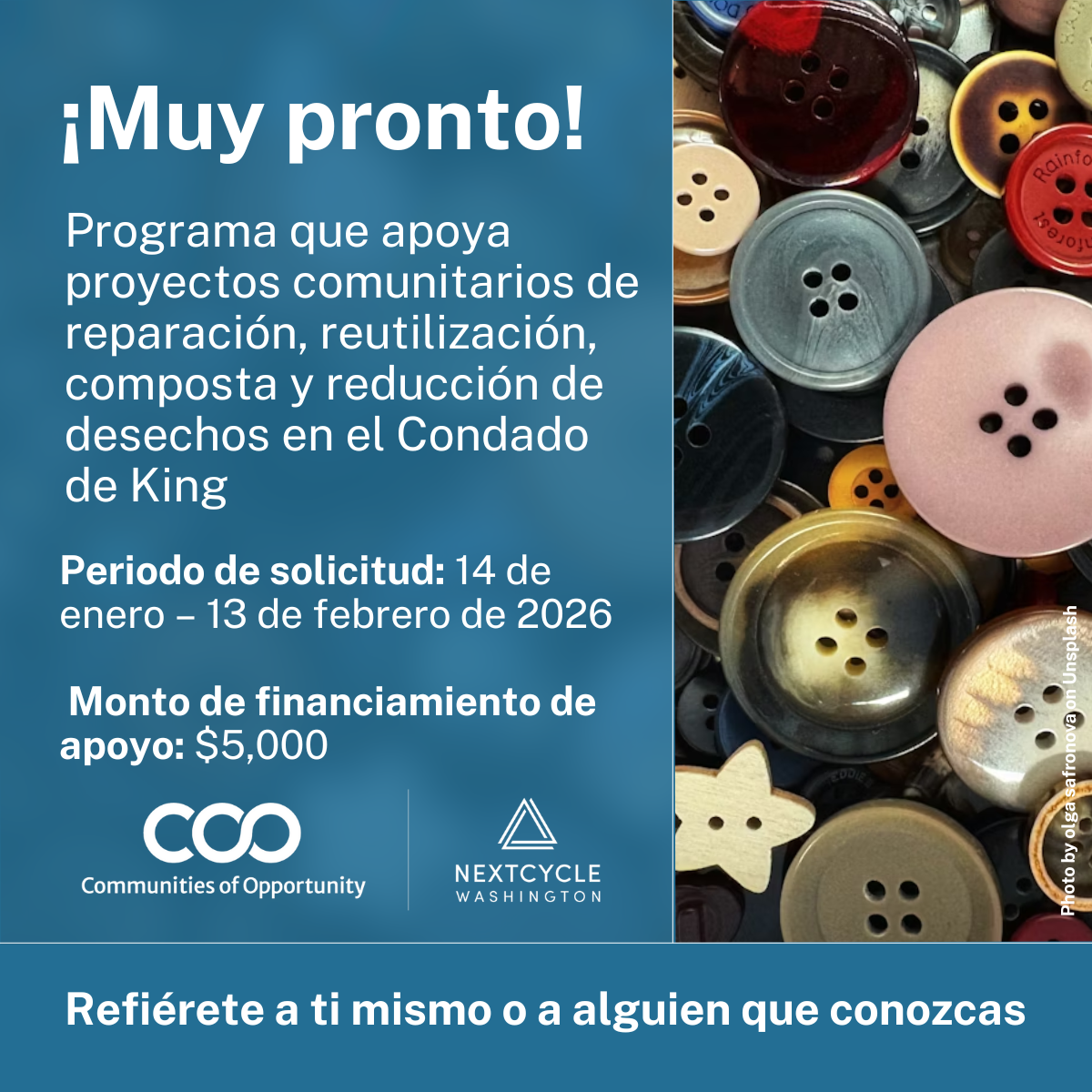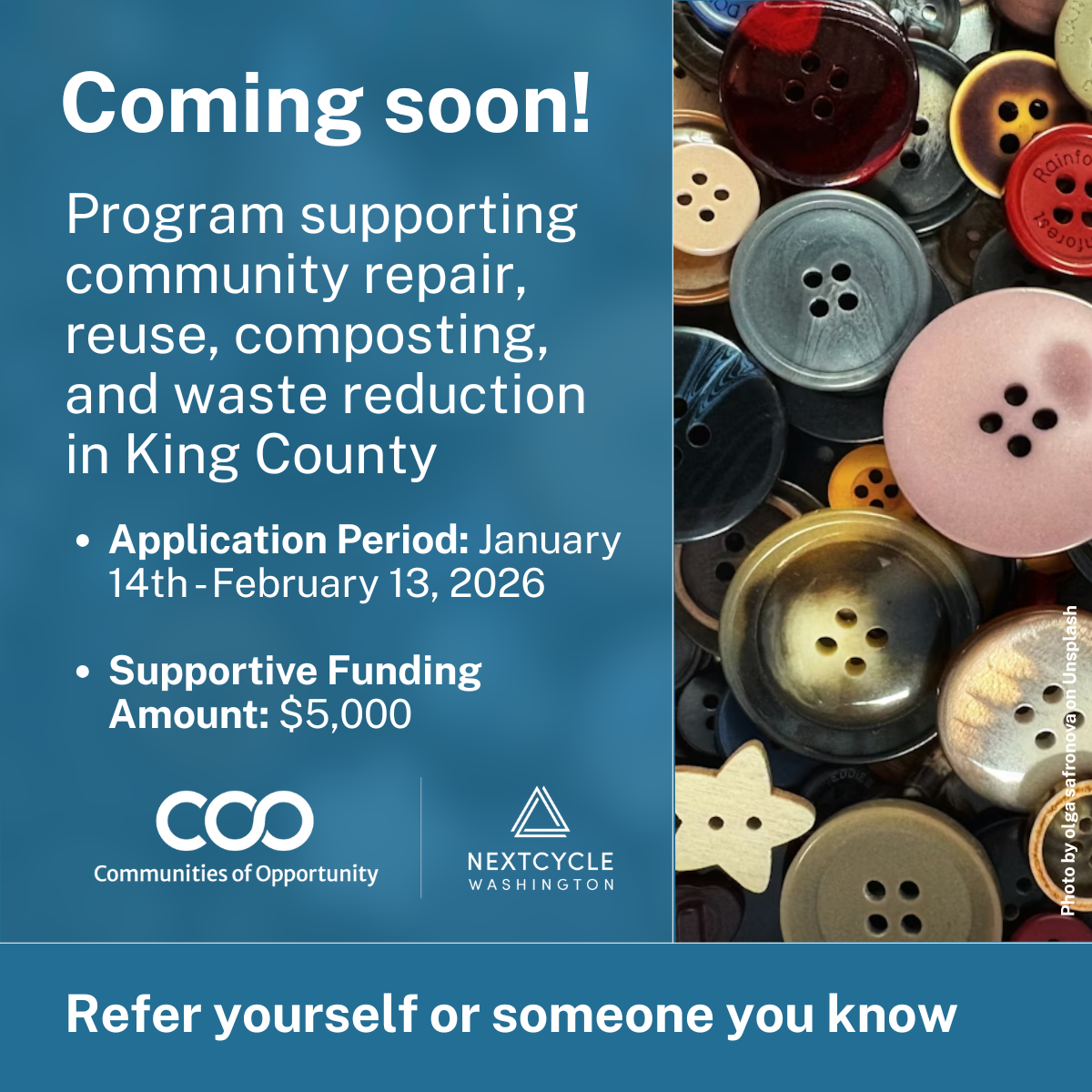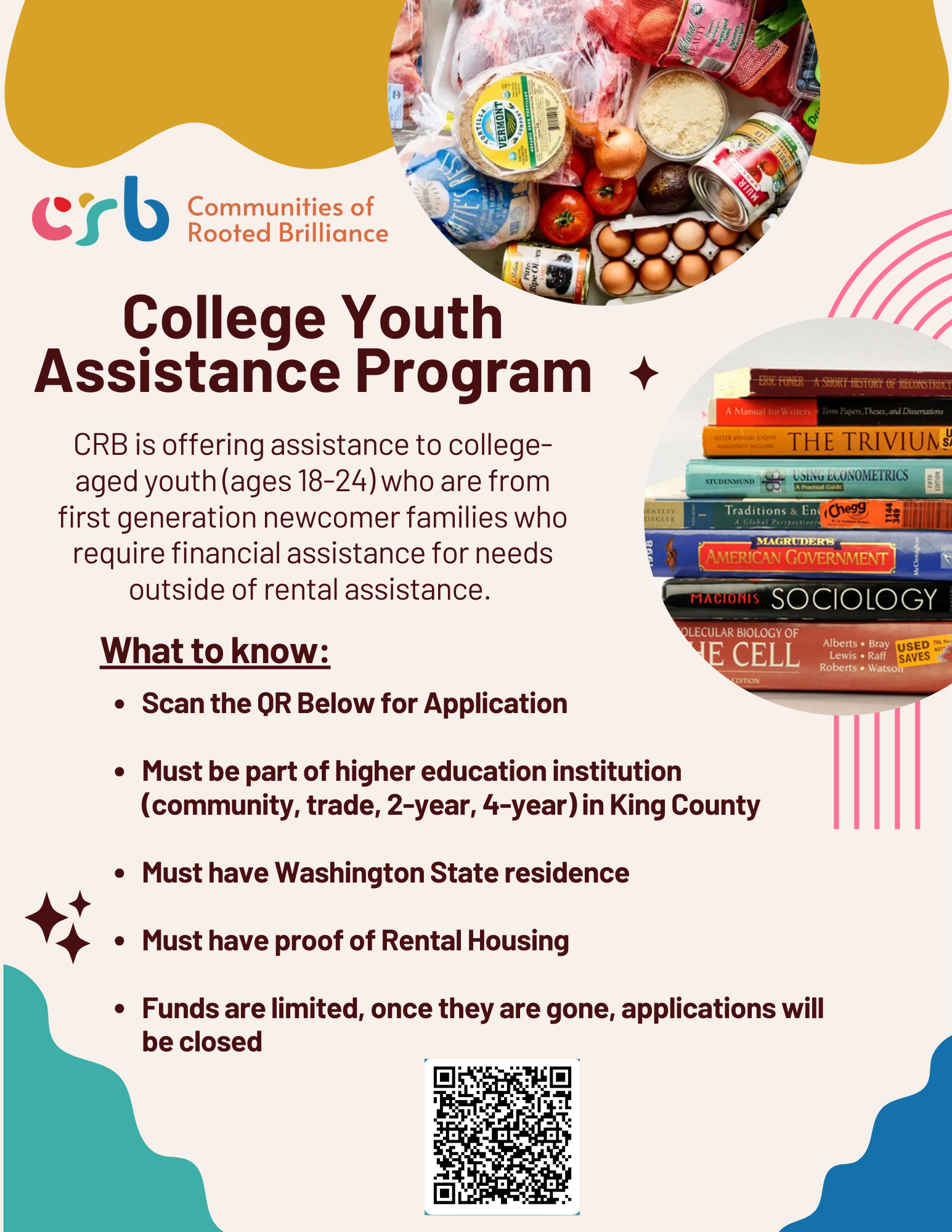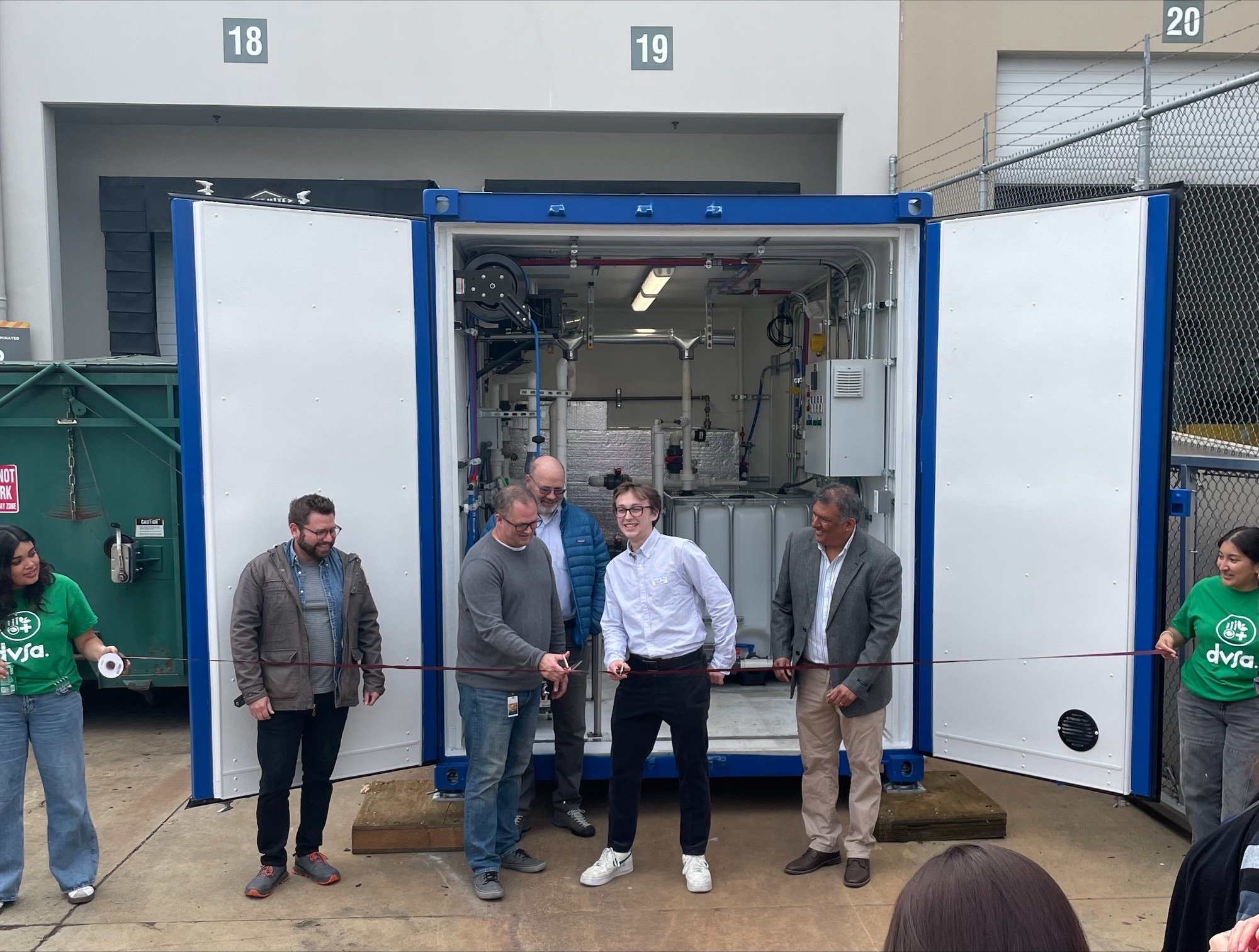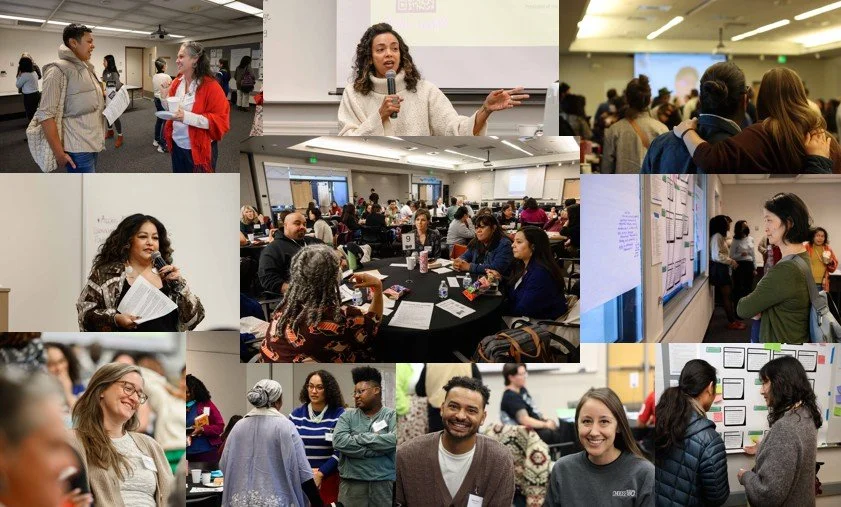About COO
We are a growing movement of partners who believe every community can be a healthy, thriving community - and that equity and racial justice are both necessary and achievable.
Being housed, healthy, employed, and connected to one's community are basic human needs. Yet from neighborhood to neighborhood, access to these essentials vary widely. Race, income, and zip code are major predictors of how healthy we are and even how long we live.
Low-income communities and communities of color regularly experience institutional racism in the form of decisions being made for them, and of having their voices, priorities, and strengths disregarded. Communities of Opportunity believes the most meaningful, just, and sustainable solutions are generated in partnership with communities -- who know what they need to be healthy and thrive. COO is dedicated to changing the systems, policies and environments that create and reinforce these disparities and towards creating a vibrant, equitable King County where everyone thrives regardless of race or place.
COO believes that investing in strategies that build community power is critical to pushing for structural changes toward Equity, Justice, and Thriving, Self-determined Communities.
Our History
In 2014, the Seattle Foundation and King County government were each laying the groundwork to address economic and racial inequities through place-based work and systemic change. Rather than doing business as usual and proceeding on independent tracks, King County and the Seattle Foundation came together to incubate a new public-private approach called “Communities of Opportunity.”
This unique public/private/community-based partnership has expanded and now includes support through Best Starts for Kids - a King County initiative building strength and resilience in kids, families, and communities.
Index of Health & Well-Being Measures in King County
This map shows the disparities within King County. The areas in darker colors rank higher on quality of life. Although average measures of quality of life, social, and health factors in King County are among the highest in the country, these averages mask stark differences by place, income, race and ethnicity.
Our Values
Communities of Opportunity invests in strategies that build Community Power and change systems and policies.
Read more about the values developed by the COO-Best Starts for Kids Advisory Board/COO Governance Group that ground our work.
COO Strategies
When community members have voice and power in the decisions that impact their communities, and express it through civic engagement and leadership, it leads to broader community and policy changes that assure racial, health, and economic equity. Three reinforcing strategy areas are at the heart of Communities of Opportunity.
Place-based and cultural community partnerships that drive change locally.
Policies and systems changes that create and sustain equity at all levels.
A Learning community that leverages the power of collective knowledge to accelerate change.
Result Areas
COO strategies invest in work that impacts Housing, Health, Economic Opportunity and Community Connections/Civic Power.
For more on how COO has evaluated our progress in these areas, check out our evaluation report and yearly progress reports.
Quality Affordable Housing
Preservation and development of affordable housing that is in close proximity to transit, jobs, and education.
The Right to Be Healthy
Access to healthy, affordable food and safe places outside to be physically active, especially for our youth.
Increased Economic Opportunity
Workforce development that includes local hires, support of new local businesses, and inclusion of our youth.
Strong Community Connections
Increased civic participation and engagement, cultural preservation, and access to safe public spaces.
Evaluation
Unlike conventional evaluation approaches that can be top-down or perpetuate inequities, participatory evaluation brings stakeholders and evaluators together to collaboratively develop and implement the evaluation. In alignment with COO’s values of shared power and decision-making, a participatory approach ensures partners, governance group, and staff play an active role throughout the evaluation process.
We update evaluation findings yearly. Find these reports on our Evaluation page:
We are grateful for the participation of the Evaluation Advisory Group members in the guidance of our evaluation work.

